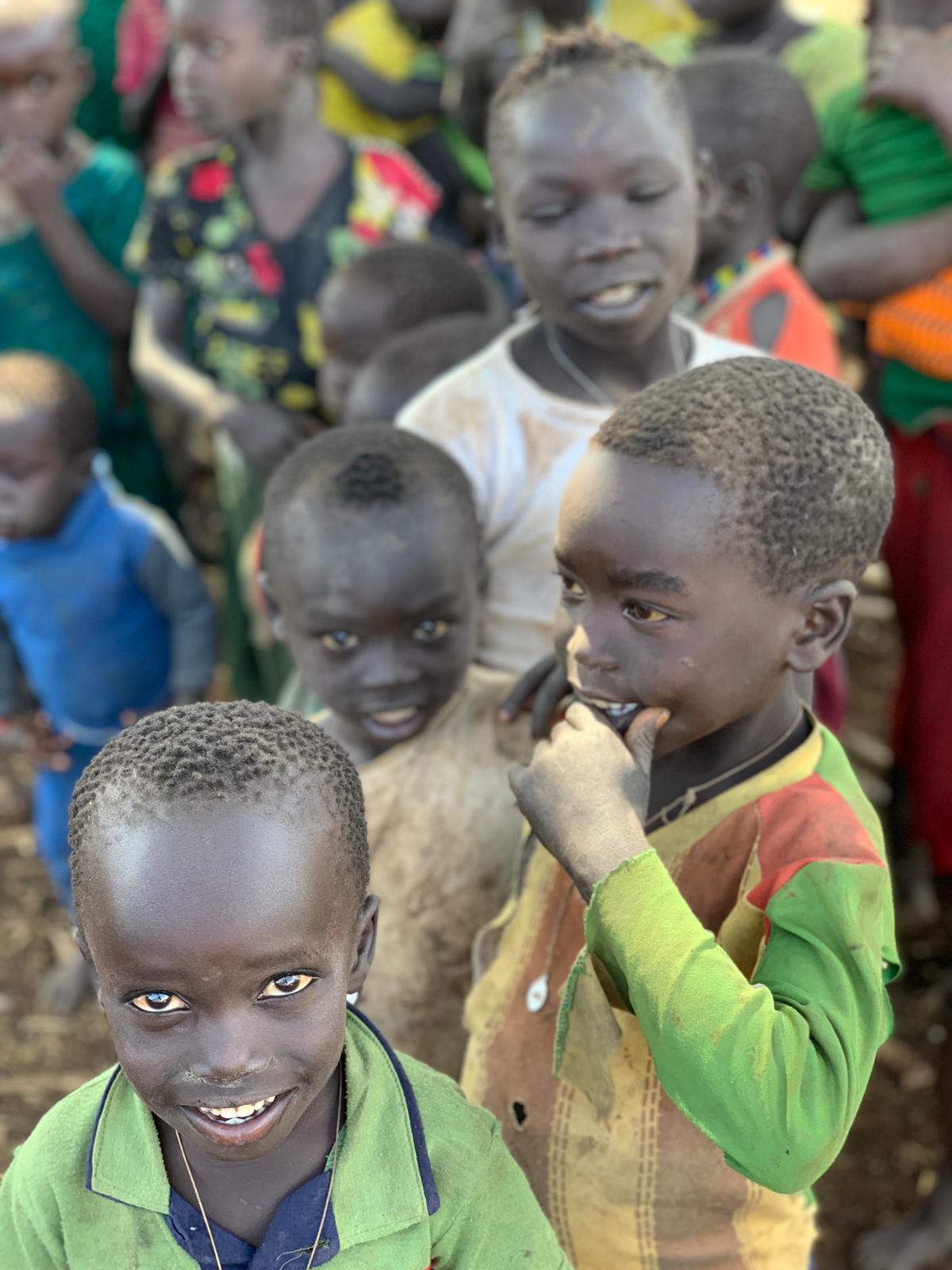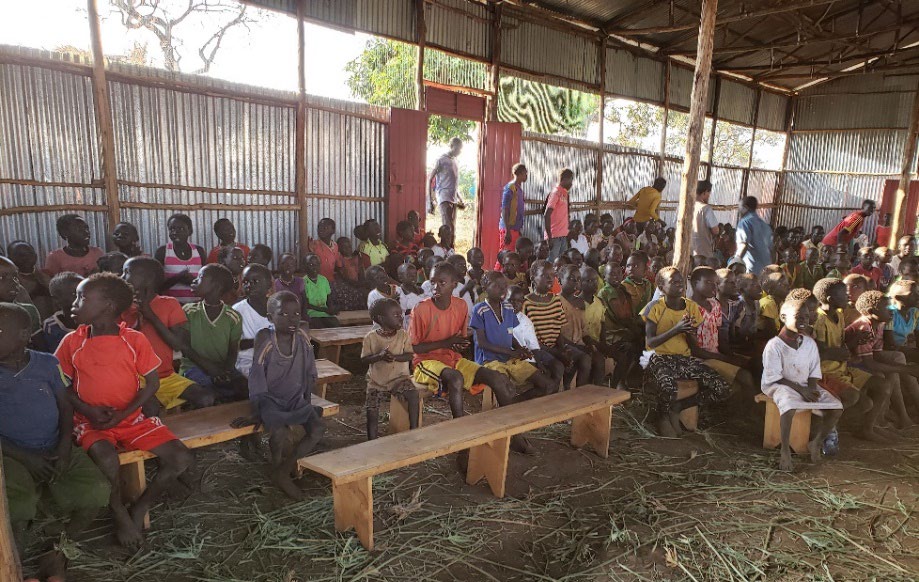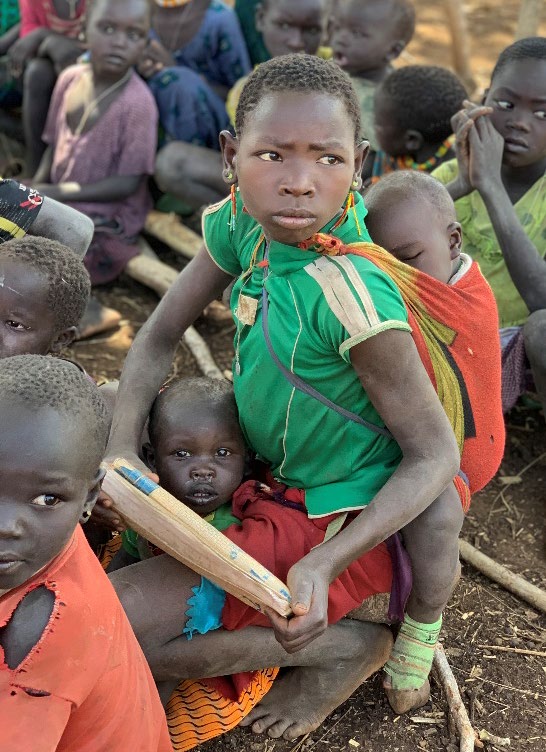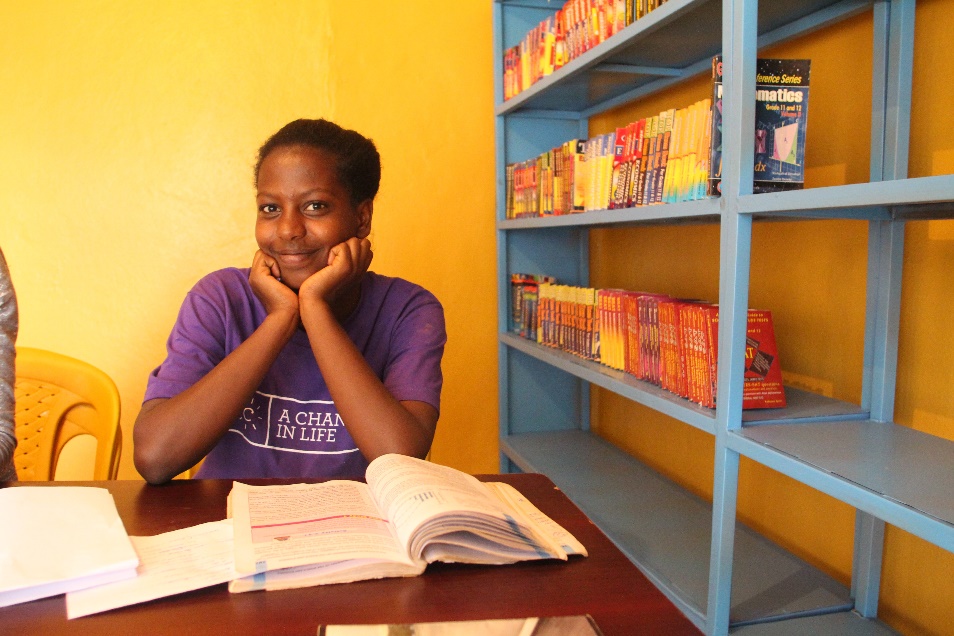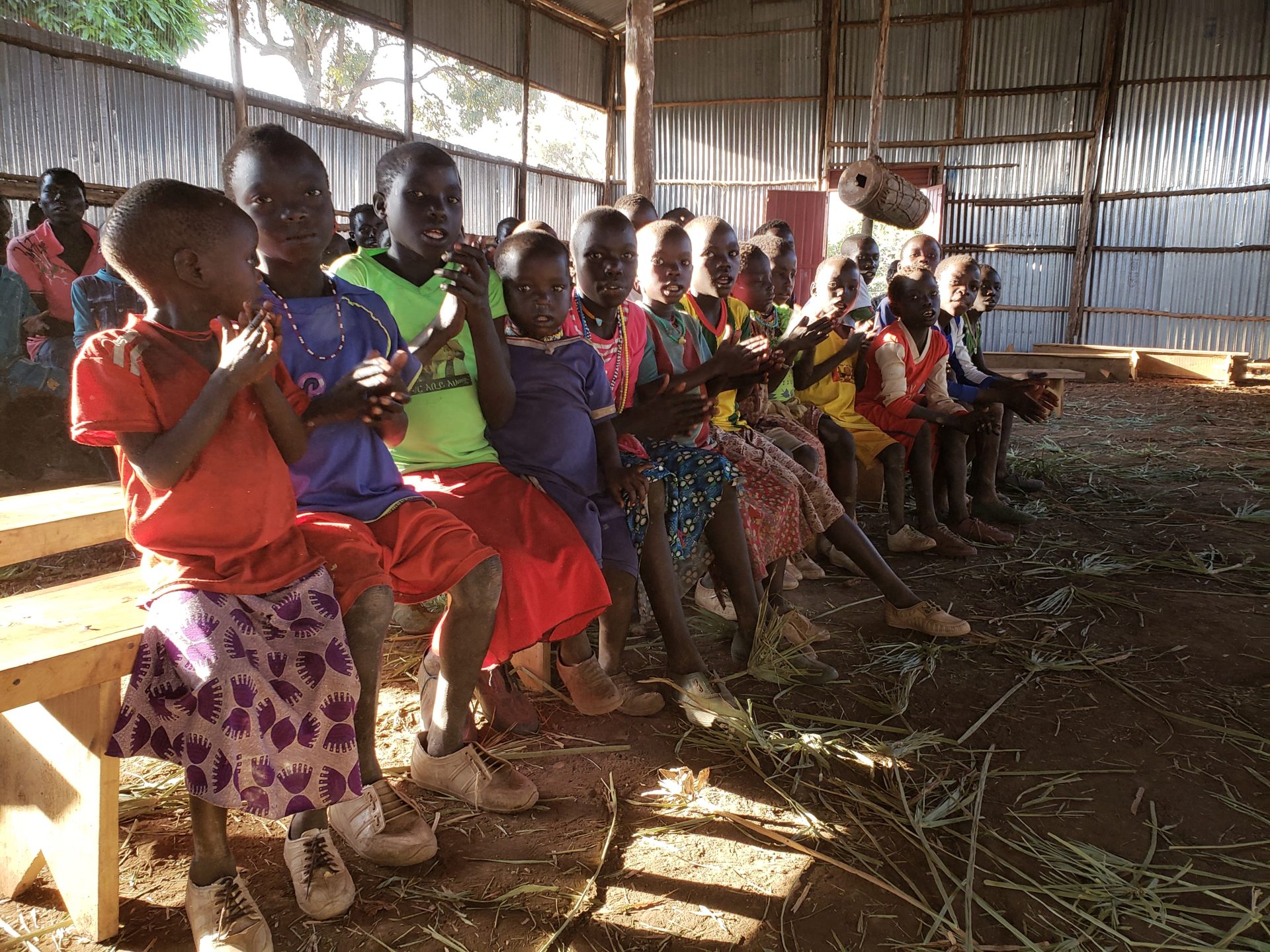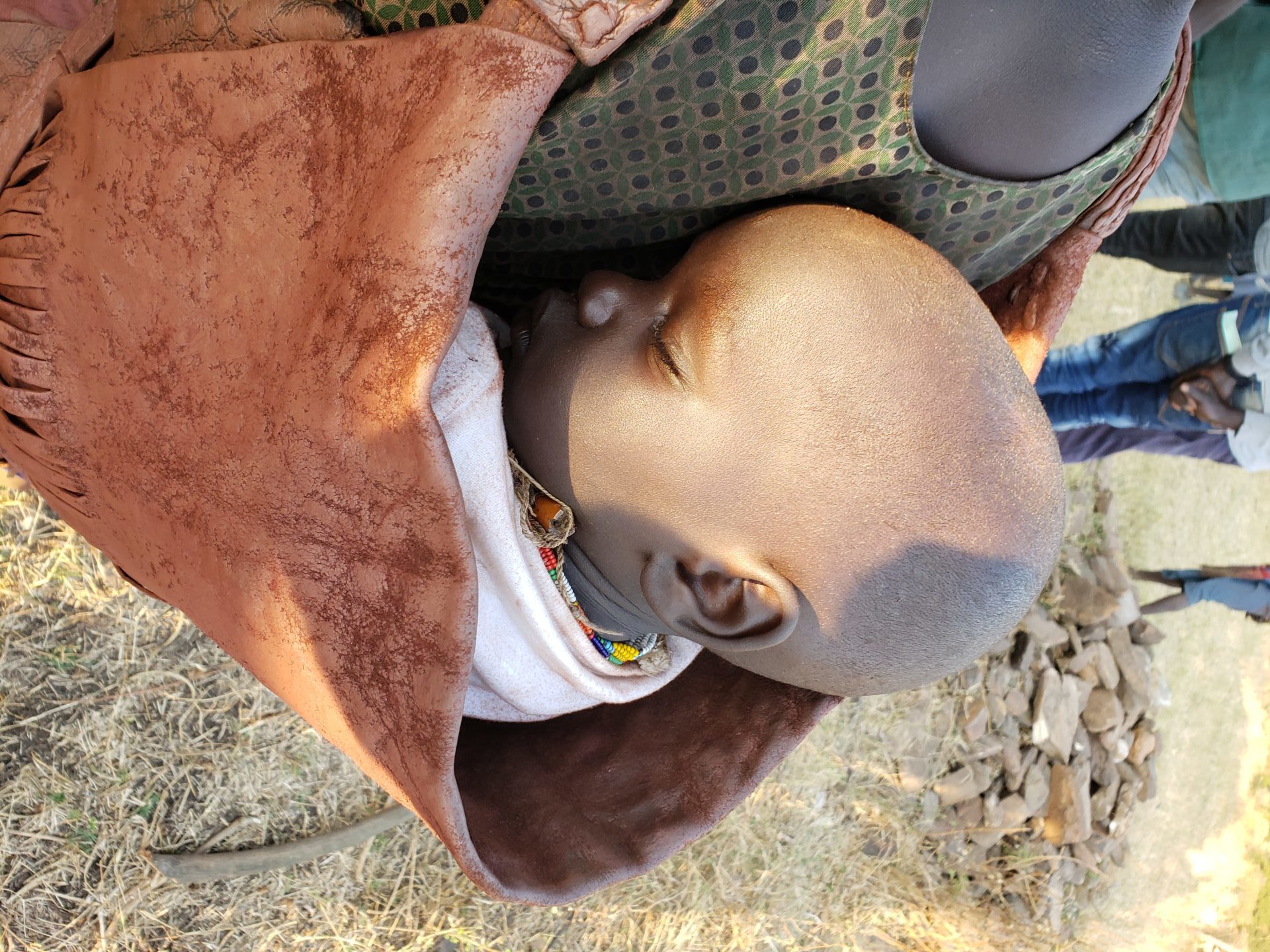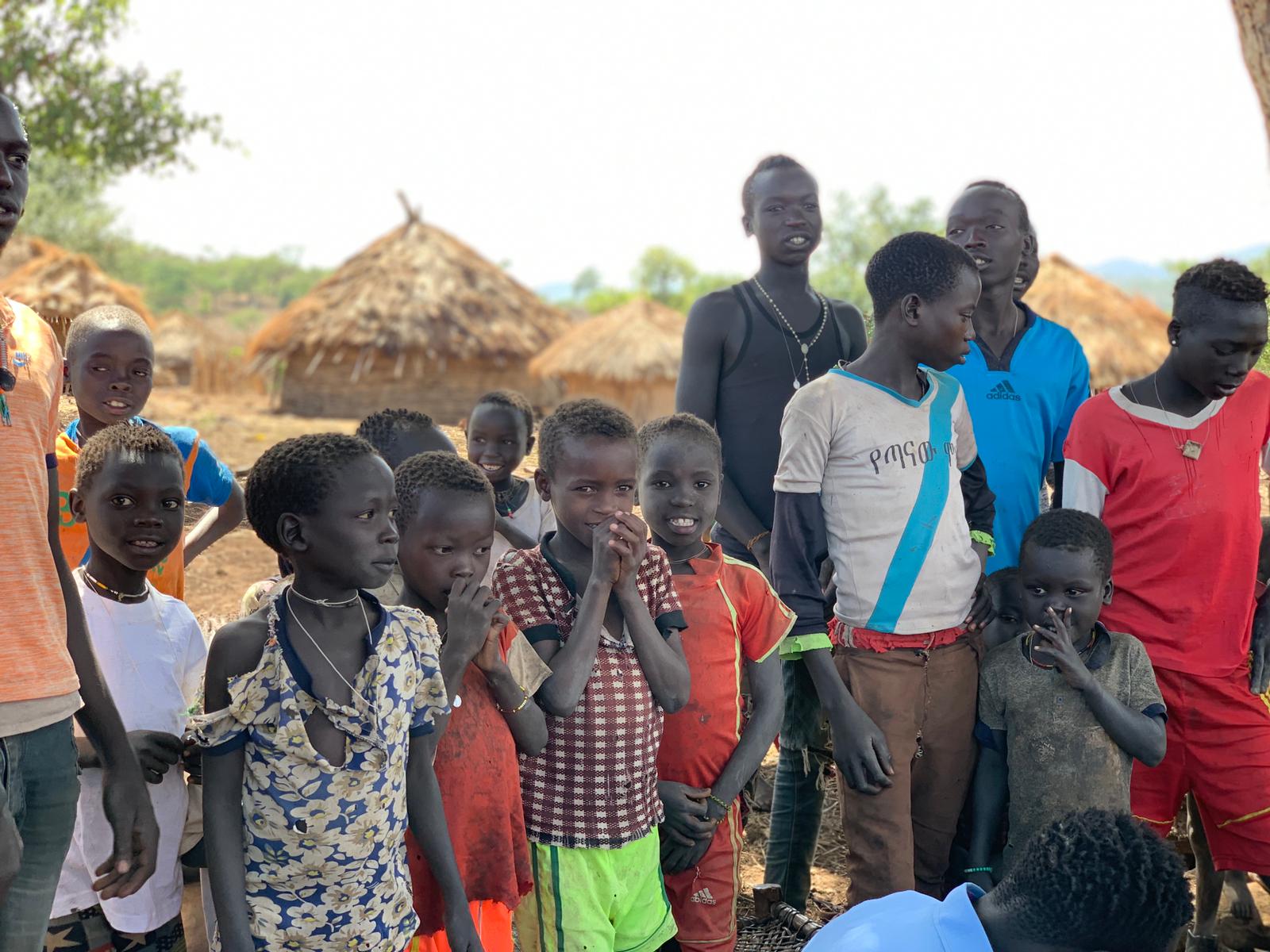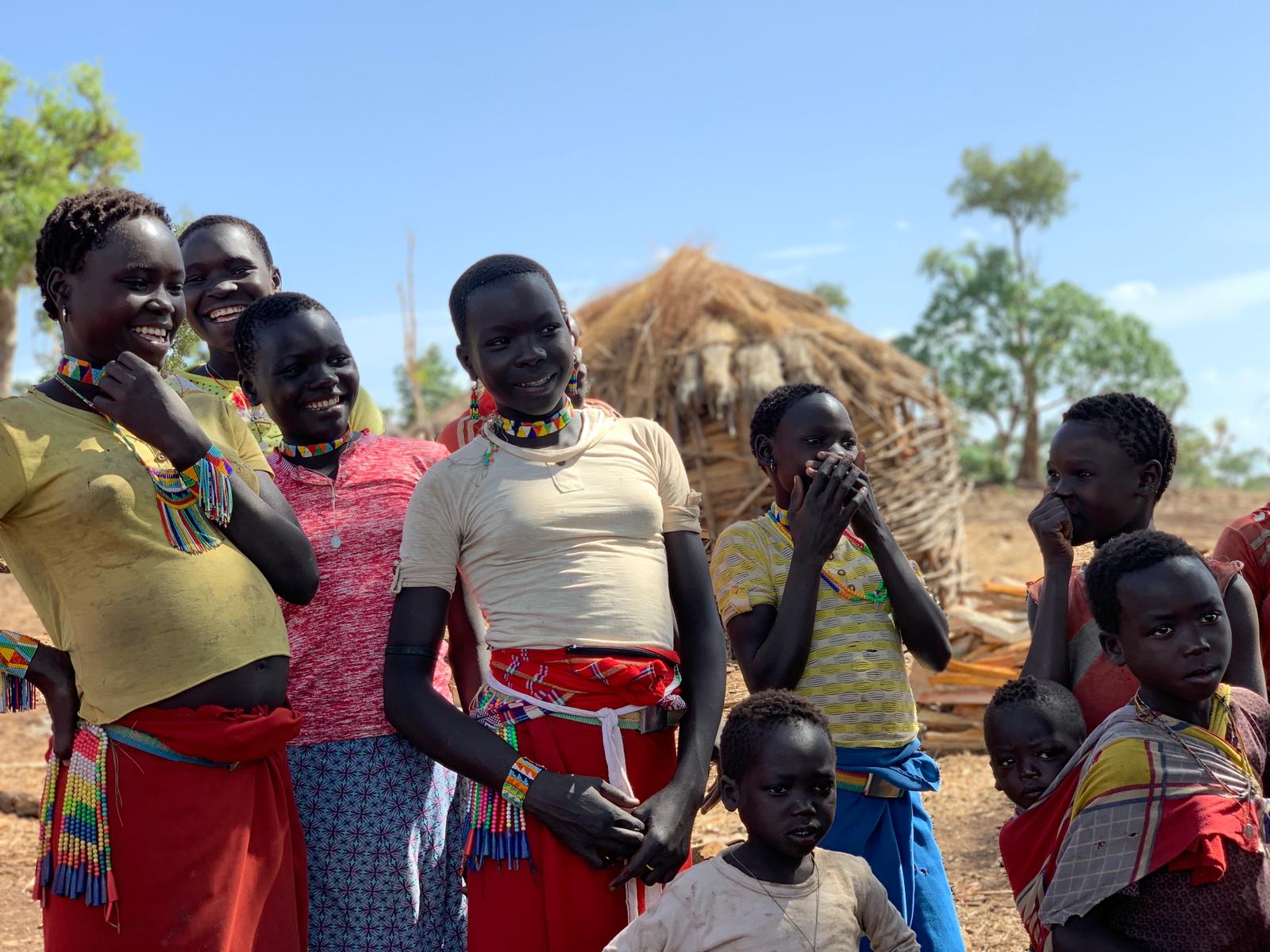
A Chance in Life – Ethiopia – Boys and Girls Town
New Boys and Girls Town in the Benishangul-Gumuz Region, Ethiopia. Integrated support for disadvantaged, marginalized, destitute, orphaned and vulnerable children launched by “A Chance in Life”.
This three-year project, launched by the Catholic NGO “A Chance in Life” in the Benishangul-Gumuz Regional State of Ethiopia, aims to build a new Boys’ and Girls’ town. The mission is to support orphaned, vulnerable, disadvantaged and marginalized young boys and girls from the region.
In collaboration with the local Diocese, i.e. the Catholic Eparchy of Bahir Dar Dessie, “A Chance in Life” is building two residences in Dibate for 50 boys and 50 girls as well as an elementary school in the villages of Banush and Dosh to serve 400 children from kindergarten to intermediate school.
Additionally, this project shall provide immediate medical assistance to the children of Banush and Dosh, microfinance and income generation support for girls in the Gigel – Beles Village, higher education and vocational training for boys and girls in Bahir Dar town. The project supply the funds to support the Congregation of Franciscan Missionary of Christ Sisters. This congregation manages a vocational training centre and a residence for young girls in Gumuz.
Histoire
With about 105 million people, Ethiopia is one of the most populous and poorest nations in Africa. The main challenges are sustaining its economic growth and accelerating poverty reduction.
Benishangul-Gumuz region lacks infrastructures and basic services such as health facilities, education, clean water and food. The total population amount to 235’368 people. Most of them being farmers that also hunt wild animals and gather honey, wild fruits, roots and seeds to sustain themselves. Gumuz people have endured a long history of oppression. They were at one time considered as slaves. This oppression has played a large part in preventing them from developing and modernizing. The majority of the inhabitants are Ethiopian Orthodox (53.5%). While 21% observes traditional religions, 18.6% are Muslim, and 4.4% are either Protestant or Catholic.
“A Chance In Life” formerly known as “Opera per il Ragazzo del Strada” was founded in 1945 by Monsignor John Patrick Carroll-Abbing to provide “a chance in life” to orphans and vulnerable children living on the streets of Rome by sheltering them into so called “Boys’ and Girls’ Towns”. The Towns in Italy have touched the lives of over 30,000 young people.
In 2015 the “A Chance In Life” decided to take this successful approach beyond the Towns in Italy and has established its first Boys’ and Girls’ Towns of Ethiopia to support 400 children. In 2016, the Boys’ and Girls’ Towns expanded to the tribal areas of Southern India where it supports 1’000 children.
Finally, in June 2018 A Chance In Life inaugurated Boys’ and Girls’ Towns in Bolivia, Colombia, Guatemala, and Peru where together with local partners it serves over 1’000 children living in marginalized and impoverished communities.
Mission
Through this integrated approach at different levels including health, education, moral support, social and pastoral activities, about 500 children from the Gumuz region will benefit from this program each year. The power of Catholic education will continue for generations, providing important social and humanitarian impacts that will promote the Roman Catholic values and messages of charity, compassion, respect, tolerance and love.”
The project supported by The Caritas Pro Vitae Gradu Charitable Trust
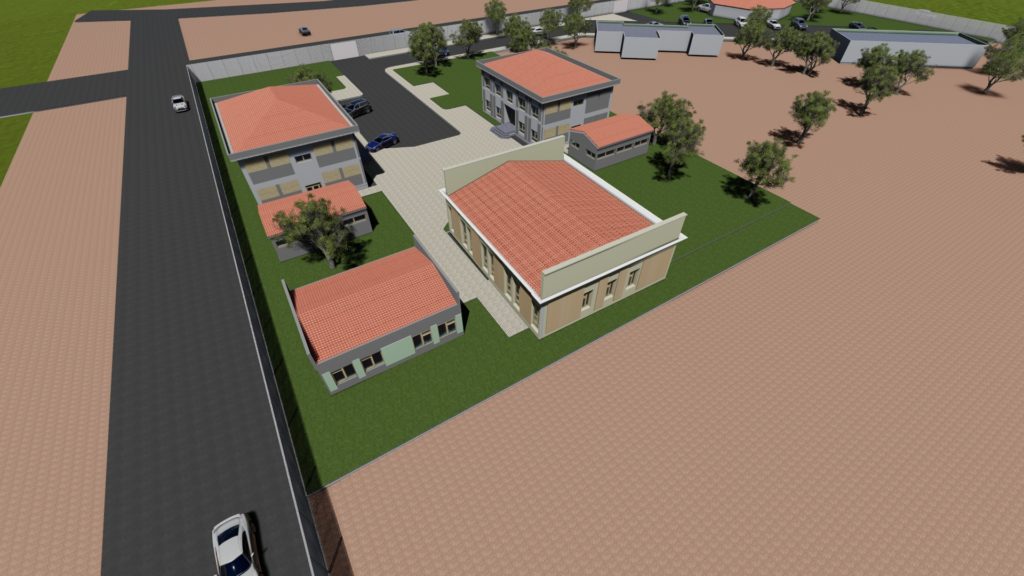
The Caritas Pro Vitae Gradu Charitable Trust finances the construction of two elementary schools in Banush and Dosh Villages for 400 children and provides for the immediate medical assistance, including vaccinations and periodic paediatric visits for the Banush and Dosh children.
Demander un don
Nous soutenons des activités dans divers secteurs du domaine social, plus particulièrement le soulagement de la pauvreté, l’amélioration de l’éducation, l’accès aux services de santé, l’assistance aux migrants et aux réfugiés, la protection des familles et de la vie…

